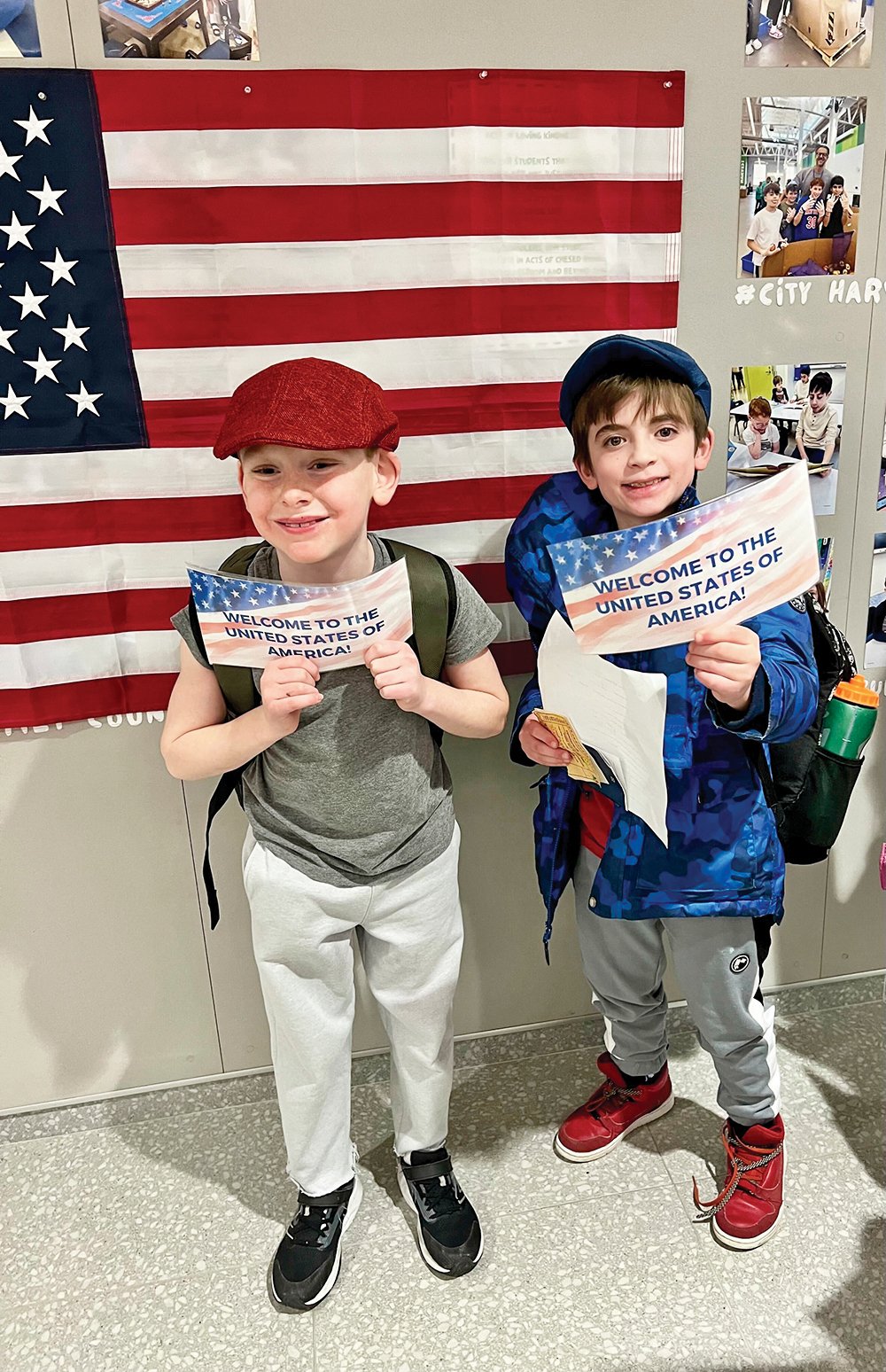Last year, after landing back in Israel from the United States, we traveled from the airport directly into quarantine. Along the way I was so sad to see empty highways and streets and closed stores… but in spite of it all—the Land of Israel.
While listening to the car radio, we noticed that all the main headlines were about holding a Seder. Public officials were telling us how to prepare for celebrating the holiday. Of course, we could not go visit grandparents or even parents—but all the chaos did nothing more than expose our enormous love for holding a Seder.
While everyone throughout the world was caught up with news about the coronavirus, in Israel the news was all about holding a Seder despite the virus. More than 3,300 years after the dramatic Exodus from slavery to freedom, most Jews in Israel feel that this story is not yet finished. They well recall that something great happens each year at the Seder and seek to connect to it.
Former Sephardic Chief Rabbi, the Rishon LeTzion, Rabbi Eliyahu Bakshi-Doron, passed away at the age of 79 from the coronavirus. In his Haggadah, he wrote in connection to our greatest story, the Story of the Exodus, about the necessity to educate children through stories:
“My work taught me to tell stories—my work as an educator, as a rabbi and as a father to my children.
“When our children were small, I would tell them stories—sweet as poetry—before they went to sleep. The children loved the stories and became attached to me through them. I loved to recall the days of my youth in Jerusalem with all the characters and experiences from those days. I strived to bring the beautiful and the good from my childhood. When they grew up, they asked me to continue telling the stories. I always endeavored to tell stories that would teach them something. There is enormous importance to a story by which it is possible to pass along a particular message through the thoughts conveyed. And therefore it is written, ‘So that you will tell it in the ears of your child.’ A story with content and meaning can bring others close and strengthen them, can provide encouragement and consolation. Where our children are concerned, we tell them stories so that they will continue to walk in our path and in the future proclaim: ‘And this is the story our fathers told us.’”
Hadar Goldin, who was killed in Operation Protective Edge in Gaza, at the age of 17 as a Bnei Akiva counselor wrote the following powerful message to his students, stressing that what is special about Pesach is the stories:
“We all enjoy stories!” he wrote. Then he turned to his students: “We have many stories in our own lives as well. Everyone has his own personal story, and all our stories are part of the greater story of our nation. In the beginning, there were our forefathers: Avraham, Yitzchak, Yaakov, David… and now us. In this story, everyone can decide if he is the main character, the protagonist, or if he is a supporting character whom the story passes by. Do you lead your own story? Is your story good? Is your story connected to the story of Am Yisrael? Does it advance us? Do you allow others to control your story? Are you truly free, or are you a slave to others or to your desires?”
Hadar didn’t know what an important role he himself would play in our shared story.
Sivan Rahav Meir is the World Mizrachi scholar-in-residence and an Israeli journalist and lecturer.













